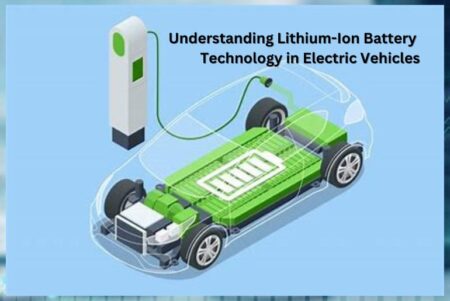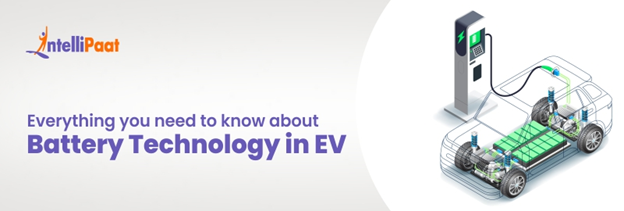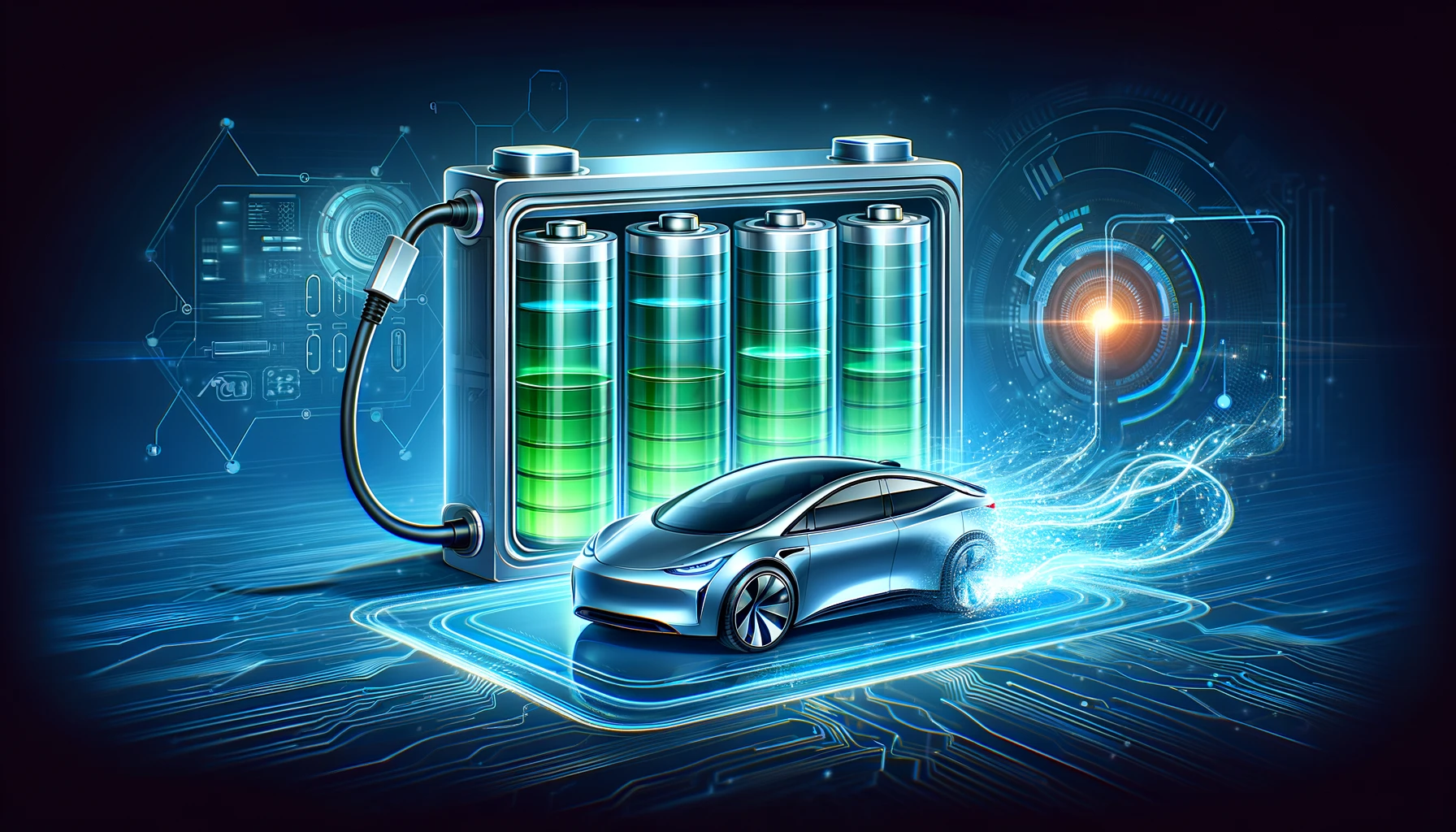Understanding Electric Vehicle Battery Technology: A Comprehensive Guide

The world of electric vehicles (EVs) is growing rapidly, and at the heart of this revolution lies electric vehicle battery technology. These batteries are essential for powering EVs, influencing their performance, lifespan, and overall sustainability. In this guide, we'll explore the different types of electric vehicle batteries, how they work, recent advancements, and future trends. By the end, you'll have a better understanding of why this technology is crucial for both consumers and the environment.

Types of Electric Vehicle Batteries
Electric vehicle batteries come in various forms, each with unique characteristics and advantages. The two most common types are lithium-ion and solid-state batteries.
Lithium-Ion Batteries
Lithium-ion batteries are the current standard for most electric vehicles. They offer a good balance of energy density, lifecycle, and cost. For example, Tesla uses a variant of this technology in its Model S, allowing for long ranges and quick charging times.
Solid-State Batteries
Solid-state batteries are an emerging technology that promises even more advantages. Unlike lithium-ion batteries, they use solid electrolytes instead of liquids, which can enhance safety and energy density. Companies like Toyota are investing heavily in solid-state technology, hoping to bring it to market by 2025.
Comparison of Battery Types
| Battery Type | Energy Density | Lifespan | Cost |
|---|---|---|---|
| Lithium-Ion | High | 8-15 years | Moderate |
| Solid-State | Very High | 10-20 years | Higher |
These differences can significantly impact how electric vehicles perform and how viable they are for consumers.
How Electric Vehicle Batteries Work
Understanding how electric vehicle batteries function is essential. At their core, these batteries store energy chemically and convert it into electrical energy when needed.
The Charging Process
When you plug in an electric vehicle, electricity flows into the battery, causing a chemical reaction that stores energy. During driving, this process reverses, releasing energy to power the vehicle. For instance, the Nissan Leaf employs a sophisticated battery management system to optimize charging and discharging cycles, ensuring longevity and efficiency.

Advancements in Battery Technology
The field of electric vehicle battery technology is constantly evolving, with numerous innovations on the horizon.
Recent Innovations
Recent research has focused on increasing energy density and reducing charging times. For example, researchers are exploring lithium-sulfur batteries, which could theoretically offer five times the energy density of current lithium-ion batteries. Companies like QuantumScape are making strides in solid-state battery development, aiming for faster charging and longer lifespans.
Case Studies
In 2021, BMW announced advancements in their battery technology, enhancing the i3's range and efficiency. These improvements underline the industry's commitment to evolving electric vehicle battery technology.
Battery Lifespan and Performance
The lifespan of an electric vehicle battery can vary significantly based on several factors.
Factors Affecting Lifespan
- Temperature: Extreme heat or cold can degrade battery health.
- Charging Habits: Frequent fast charging can reduce longevity.
- Usage Patterns: Regularly discharging the battery to very low levels can shorten its lifespan.
Tips for Extending Battery Life
- Avoid letting the battery drop below 20%.
- Use slow charging when possible.
- Store the vehicle in a temperature-controlled environment.
By following these tips, EV owners can significantly improve their battery's lifespan and performance.

Charging Infrastructure and Its Impact
The charging infrastructure is a critical component of electric vehicle battery technology. It influences how quickly and conveniently drivers can recharge their vehicles.
Types of Charging Stations
- Level 1 Chargers: Standard wall outlets, typically for home use, providing the slowest charge.
- Level 2 Chargers: Commonly found in public spaces, offering faster charging times.
- DC Fast Chargers: Ideal for long-distance travel, these stations can charge a vehicle to 80% in about 30 minutes.
The availability and efficiency of these charging stations can significantly impact the adoption of electric vehicles.
Future Trends in Electric Vehicle Batteries
Looking ahead, several exciting trends are emerging in electric vehicle battery technology.
Emerging Technologies
- Battery Recycling: As the demand for electric vehicles grows, so does the need for sustainable battery recycling practices. Companies are developing processes to recover valuable materials from used batteries.
- New Materials: Researchers are exploring alternative materials like sodium and magnesium, which could potentially reduce reliance on lithium.
These advancements not only promise better performance but also contribute to a greener future.
Conclusion
Electric vehicle battery technology is at the forefront of the automotive revolution. By understanding the types of batteries, their workings, advancements, and future trends, consumers can make informed decisions. As technology continues to evolve, staying updated will be crucial for anyone interested in electric vehicles. Embrace the change and consider how electric vehicle battery technology can impact your life and the environment positively.
By educating yourself on electric vehicle battery technology, you can contribute to a sustainable future. Explore more about electric vehicles and their innovations today!